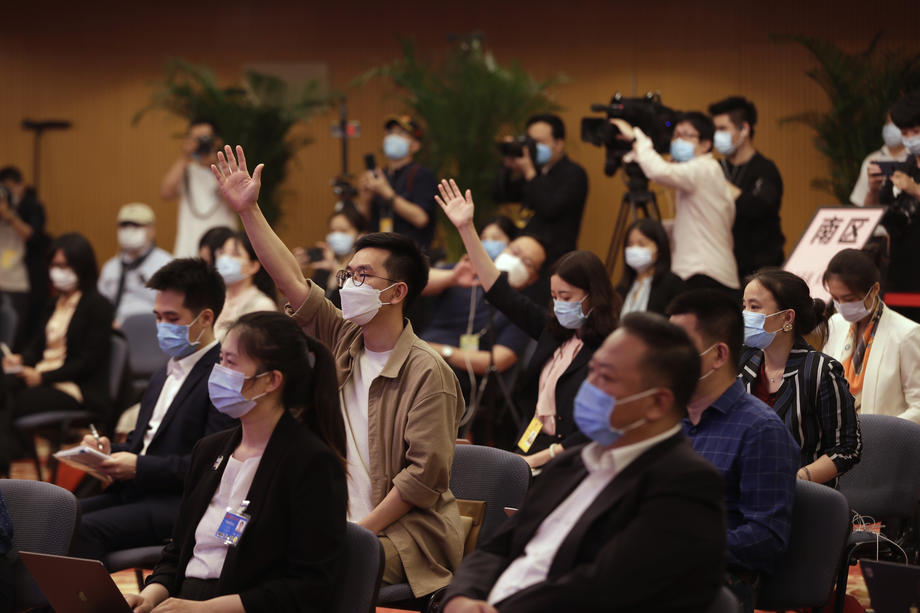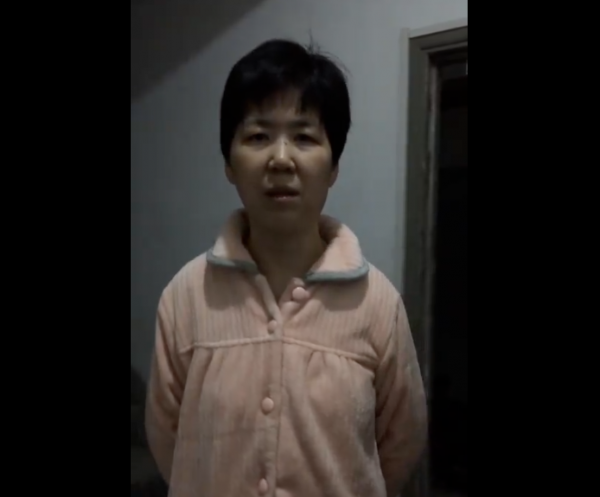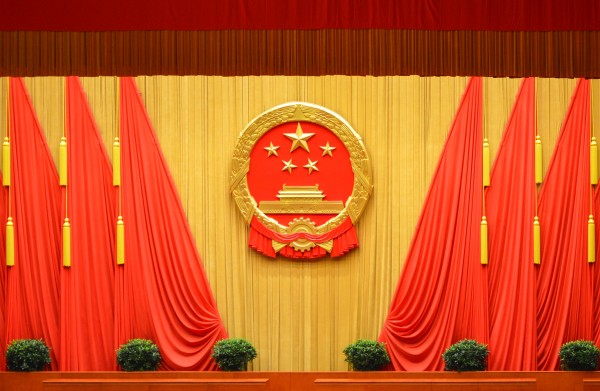The International Press Institute (IPI), a global network of editors, media executives and leading journalists for press freedom, today condemned the Chinese government’s growing attempts to restrict the work of international journalists in the country, most recently targeting U.S. and Australian reporters.
At least 5 reporters from U.S-based media organizations including The Wall Street Journal, CNN, Bloomberg and Getty Images were recently were denied renewal of their press credentials. According to Chinese officials, the future of their press cards would depend on “whether the White House allows Chinese journalists to continue working in the US, as the move comes in response to a looming visa expiry deadline of 6 November for Chinese journalists based in the US”.
Hua Chunying, a spokeswoman for China’s foreign ministry, said in a tweet that “China would be glad to continue its excellent cooperation with the #US journalists here if the Chinese journalists are treated fairly in the US.” In a continued thread, Chunying updated that visas of some US journalists have already been processed, and that they will be allowed to continue living and working in the country. “The U.S Department of State has delayed and denied visas of about 30 Chinese journalists and expelled 60 in March, limited visas for all Chinese journalists to a maximum 90-day stay in May and has not approved visa extension of any of them,” she wrote.
The world’s two superpowers have been engaged in a media standoff for months, with an information war over the global pandemic deepening the rift. The U.S State Department was the first to make a move aimed at combating “Beijing propaganda” by introducing restrictions on U.S-based Chinese state media organizations in February this year. In response, China expelled three Wall Street Journal reporters from the country for a widely criticized opinion piece calling China the “real sick man of Asia”.
Meanwhile, Australian journalists based in China have also been targeted as tensions between Beijing and Canberra continue to grow since the latter called for an international inquiry into the source and spread of the coronavirus. IPI recently condemned the detention of Australian journalist Cheng Lei, a business reporter with the Chinese state broadcaster.
Two other Australian journalists, ABC’s Bill Birtles and the AFR’s Michael Smith, were banned from leaving China until they answered questions about Lei. They later took refuge in Australia’s Beijing and Shanghai consulates and were flown home today after diplomatic negotiations.
Australian media reported that the evacuation of Birtles and Smith leaves “no accredited Australian media journalists in China” for the first time since the two countries normalised relations in the mid-1970s.
“Tit-for-tat expulsions of journalists hinder the flow of information across borders at a time when global cooperation is essential, and both China and the U.S. should stop diplomatic disagreements from affecting the work of journalists”, IPI Deputy Director Scott Griffen said. “However, China’s recent moves must also be seen as part of a broader, highly disturbing effort to restrict the work of international journalists and prevent the publication of critical news about Beijing’s policies.”
China reportedly resumed forcing foreign journalists out of the country in 2013. A recent report by the Foreign Correspondents Club of China observing working conditions in 2019 revealed that “Chinese authorities have weaponized visas against the foreign press by issuing truncated press credentials and expelling journalists thru non-renewal”.
The recent moves also come as international media scrutiny over China has grown in relation to human rights issues, including the massive crackdown on fundamental rights in Hong Kong, the widely reported “re-education” camps for the Uighur Muslim population in Xinjiang, and more recently efforts to restrict the rights of minorities in the country’s Inner Mongolia autonomous region.
Earlier this month, Los Angeles Times reporter Alice Su was detained and then expelled from China’s Inner Mongolia region after covering protests over a new language policy reducing the use of Mongolian in schools.



